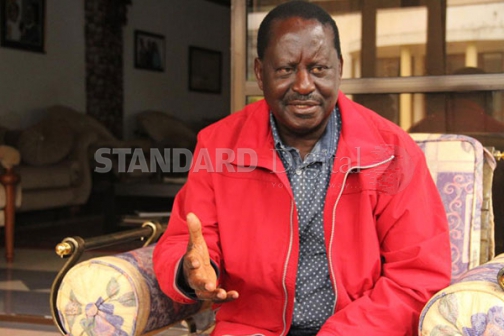×
The Standard e-Paper
Kenya’s Boldest Voice

NAIROBI: The battle for billions of shillings in Kenya’s vibrant gambling industry has taken a new twist.
By close of business yesterday, several betting companies were privately but vigorously lobbying MPs in an apparent bid to control the outcome of an initiative by the legislators to regulate the industry.